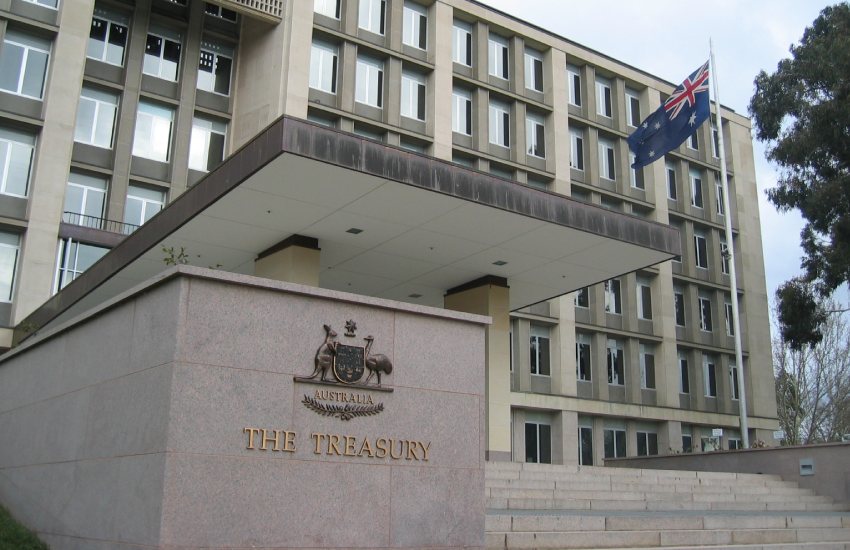Treasury is now consulting on exposure draft legislation that the government hopes will reduce red tape, and increase transparency of, the charity sector.
Among the changes is an increase to the revenue thresholds for charities, with small charities to be defined as those with an annual revenue below $500,000, up from the current $250,000 threshold.
You’re out of free articles for this month
Medium-sized charities, currently defined as those with revenues between $250,000 and $1 million, will now see the threshold raised to $500,000 to less than $3 million.
Likewise, large charities will be defined as those with revenues of $3 million or more.
The higher annual revenue thresholds will have a direct impact on a charity’s annual reporting obligations, with approximately 2,500 small charities no longer being required to produce annual financial reports, saving each charity around $2,400 in accounting fees annually.
Over 2,700 medium-sized charities will also no longer be required to produce audited financial statements, saving them around $3,000 in accounting expenses annually.
The proposed thresholds, however, remain lower than those recommended by the ACNC’s 2018 review. It had called for the thresholds to be increased to less than $1 million for a small entity, from $1 million to less than $5 million for a medium entity, and $5 million or more for a large entity.
Other changes proposed in the exposure draft legislation include a requirement for all registered charities to disclose related party transactions, with small registered charities to make a simplified disclosure involving a brief description of related party transactions.
According to Treasury, the change will provide greater transparency and accountability, particularly around “transactions that pose a higher risk to charitable assets being used for private benefit”.
The regulations will provide an exemption to medium and large charities with only one remunerated key management person, from the requirement to disclose, as part of their related party transactions, aggregate remuneration paid to responsible persons and senior executives.
Jotham Lian
AUTHOR
Jotham Lian is the editor of Accountants Daily, the leading source of breaking news, analysis and insight for Australian accounting professionals.
Before joining the team in 2017, Jotham wrote for a range of national mastheads including the Sydney Morning Herald, and Channel NewsAsia.
You can email Jotham at: This email address is being protected from spambots. You need JavaScript enabled to view it.
 Login
Login







